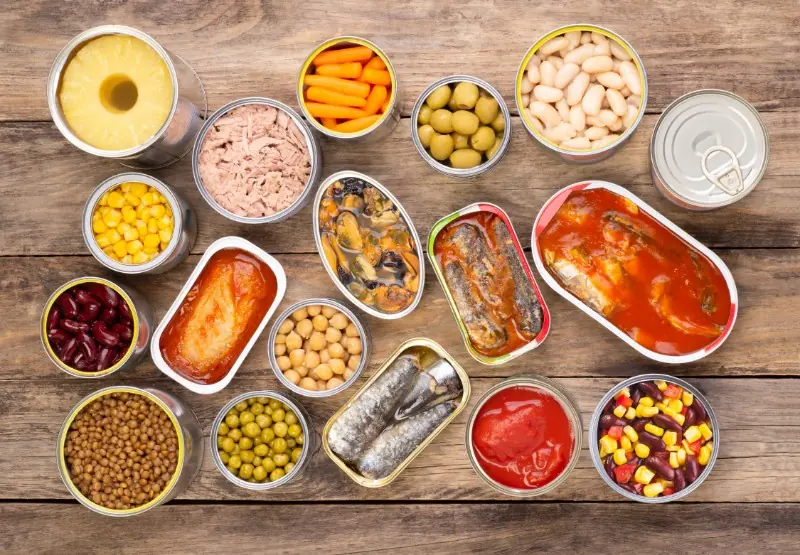
Canned foods: convenient options and potential risks
🥫 Canned Food: A Convenient Choice and Its Hidden Risks
In today’s fast-paced world, convenience often takes priority over everything else — especially when it comes to food. Whether you’re a busy student, an office worker, or someone living far from fresh markets, canned foods have probably saved your day more than once.
From tuna and beans to soups and fruits, these shiny metal containers promise a quick, easy, and affordable meal.
But have you ever stopped to wonder what’s really inside the can?
Let’s explore both sides of this modern culinary convenience — the benefits and the hidden risks that might surprise you.
🌟 Why Canned Food Is So Popular
-
Convenience at Its Best
Canned food is ready to eat or requires minimal preparation. It can be stored for months or even years without refrigeration — a lifesaver during emergencies or when you’re short on time. -
Budget-Friendly
Canned goods are often cheaper than their fresh or frozen counterparts. They allow people to enjoy nutritious ingredients — like fish, beans, and vegetables — at an affordable price. -
Long Shelf Life
The canning process uses heat to kill bacteria and seal food in an airtight environment. This helps preserve nutrients and prevents spoilage, making it ideal for stockpiling. -
Wide Variety
From canned sardines and tomatoes to ready-made stews and fruit cocktails, the choices are endless. It’s easy to prepare a quick meal without needing multiple fresh ingredients.
⚠️ The Hidden Risks Behind the Metal Lid
Despite the convenience, canned food isn’t without its dark side. Here are some risks that are worth paying attention to:
1. High in Sodium and Sugar
To extend shelf life and enhance flavor, many canned foods contain large amounts of salt or sugar.
-
Regular consumption may increase the risk of high blood pressure, heart disease, and obesity.
-
Even seemingly healthy options, like canned soups or vegetables, can contain more sodium than you expect.
💡 Tip: Always check the nutrition label and choose “low-sodium” or “no-salt-added” options whenever possible.
2. Bisphenol A (BPA) Exposure
Many cans are lined with BPA, a chemical used to prevent the metal from corroding.
However, BPA can leach into food, especially when heated or stored for long periods.
Research has linked BPA exposure to hormonal imbalances, fertility issues, and certain can.cers.
🌱 Tip: Look for cans labeled “BPA-free” or choose foods packed in glass jars or paper containers instead.
3. Loss of Nutrients
While canning helps preserve food, the high heat used in the process can destroy some heat-sensitive vitamins, such as vitamin C and B-complex vitamins.
This means that while canned fruits and vegetables are still nutritious, they may not be as rich in nutrients as fresh ones.
4. Contamination Risks
Improper canning or damaged cans can lead to the growth of Clostridium botulinum, the bacteria that causes botulism — a rare but potentially fatal form of food poisoning.
-
Never consume food from bulging, leaking, or rusted cans.
-
If a can’s contents smell strange or look foamy, it’s safer to discard it.
🥦 Making Smarter Choices
Enjoying canned foods doesn’t mean compromising your health. Here are some smart ways to make the most of their convenience while minimizing the risks:
-
Rinse canned vegetables or beans with clean water to reduce excess salt.
-
Combine canned products with fresh ingredients — for example, add fresh herbs or vegetables to canned soup.
-
Choose fruit canned in water or its own juice, not heavy syrup.
-
Rotate your pantry: use older cans first and store new ones behind them.
-
Whenever possible, support local produce and use fresh or frozen alternatives.
🌍 A Balanced Perspective
Canned foods are not the villain — they’re simply a tool of modern living.
Used wisely, they can be part of a balanced, nutritious diet and help reduce food waste by keeping ingredients safe longer.
However, awareness is key. By reading labels carefully, limiting additives, and making thoughtful choices, you can enjoy the convenience of canned foods without falling into their hidden traps.
🧠 Final Thought
Canned food is proof that technology and convenience can make life easier — but moderation and mindfulness are what make it healthier.
So next time you reach for that can of soup or tuna, ask yourself:
Is this just a quick fix, or part of a mindful meal?
News in the same category


Doctor Shares What It Means If You Always Need To Poo Immediately After You Eat

The Reason You May Get Random Stabbing Pains in Your Chest Explained

Numbness or tingling sensations in your hands

Dill Seeds: A Forgotten Treasure for Digestion, Hormones, and Restful Sleep

Eggplant is the king of vegetables but these 4 groups of people should absolutely avoid it
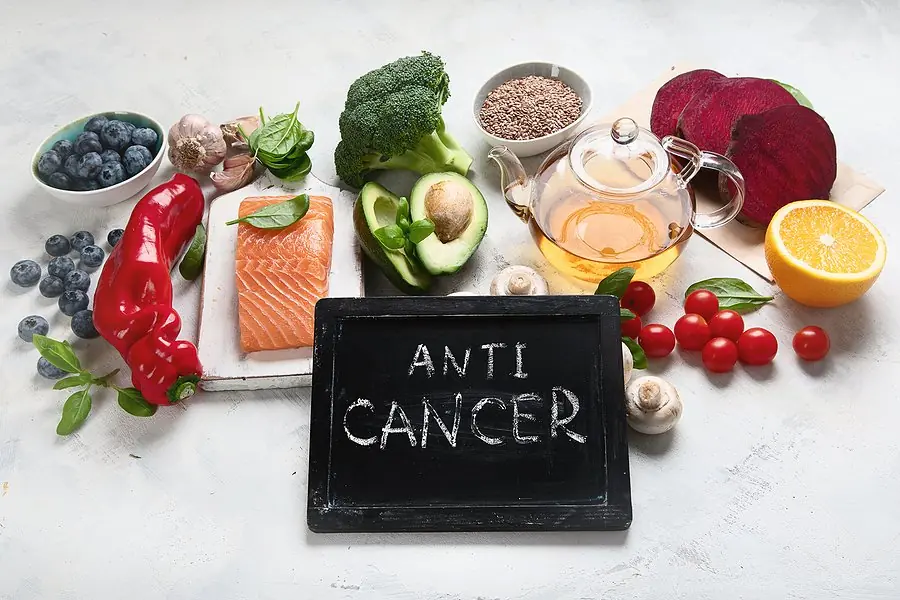
Eat These 10 Superfoods to Speed Up Can.cer Recovery and Prevent Recurrence!
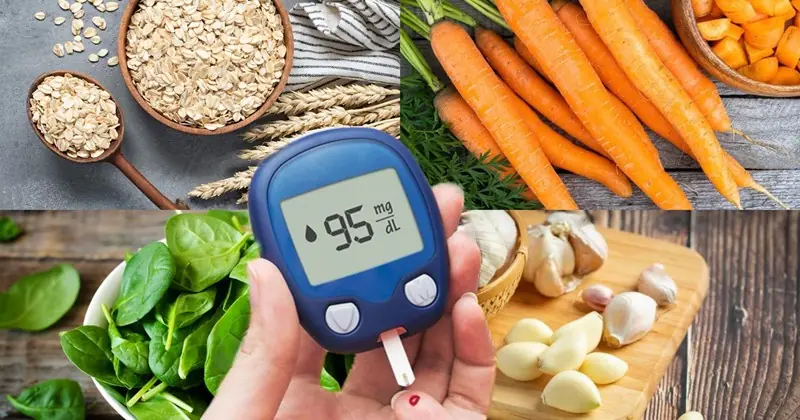
10 Foods to Effectively Lower Bloo.d Sugar After a Meal

5 Common Breakfast Mistakes That Quietly Cause Weight Gain After 40

The Type of Meat That Spikes Ur.ic Ac.id and Accelerates Kid.ney Failure

Protect your kidneys - choose your drinks wisely! Avoid these 4 ha.rmful beverages and hydrate the right way

Reason people get strange white bumps on their lips or private parts

10 signs you’re living with clogged arteries

Doctors Warn That Unusual Odors in 3 Body Areas May Signal Liv.er Damage

If Your Legs Cramp at Night You Need to Know This Immediately

I sneezed 4-5 times yesterday and then felt something tickling my throat

Why Do Your Hands and Feet Itch Like Crazy Every Winter?
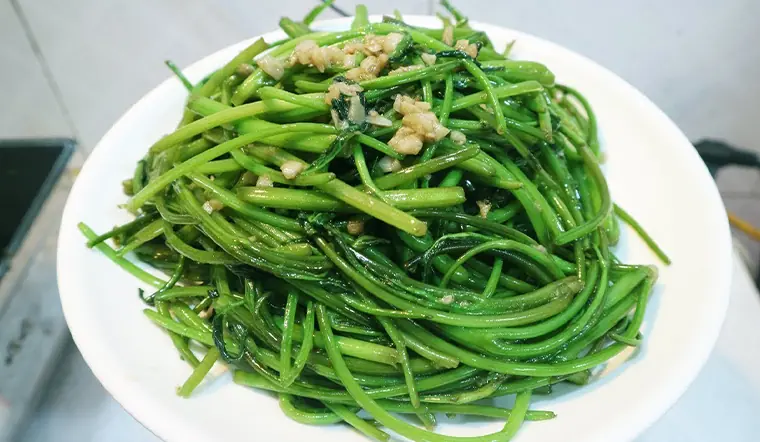
A Vegetable Once Fed to Pigs Is Now a “Can.cer-Fighting Superfood” Sold at Sky-High Prices Worldwide

8 Hidden Egg Dang.ers Your Body Is Begging You to Notice — Before It’s Too Late

Indian Borage: The Miracle Leaf That Heals Lu.ngs, Skin, Gut, and Soul
News Post

How to get rid of phlegm and mucus in your chest and throat

Doctor Shares What It Means If You Always Need To Poo Immediately After You Eat

10 Genius Tide Pod Hacks You’ve Probably Never Heard Of

Why do women cross their legs when sitting?
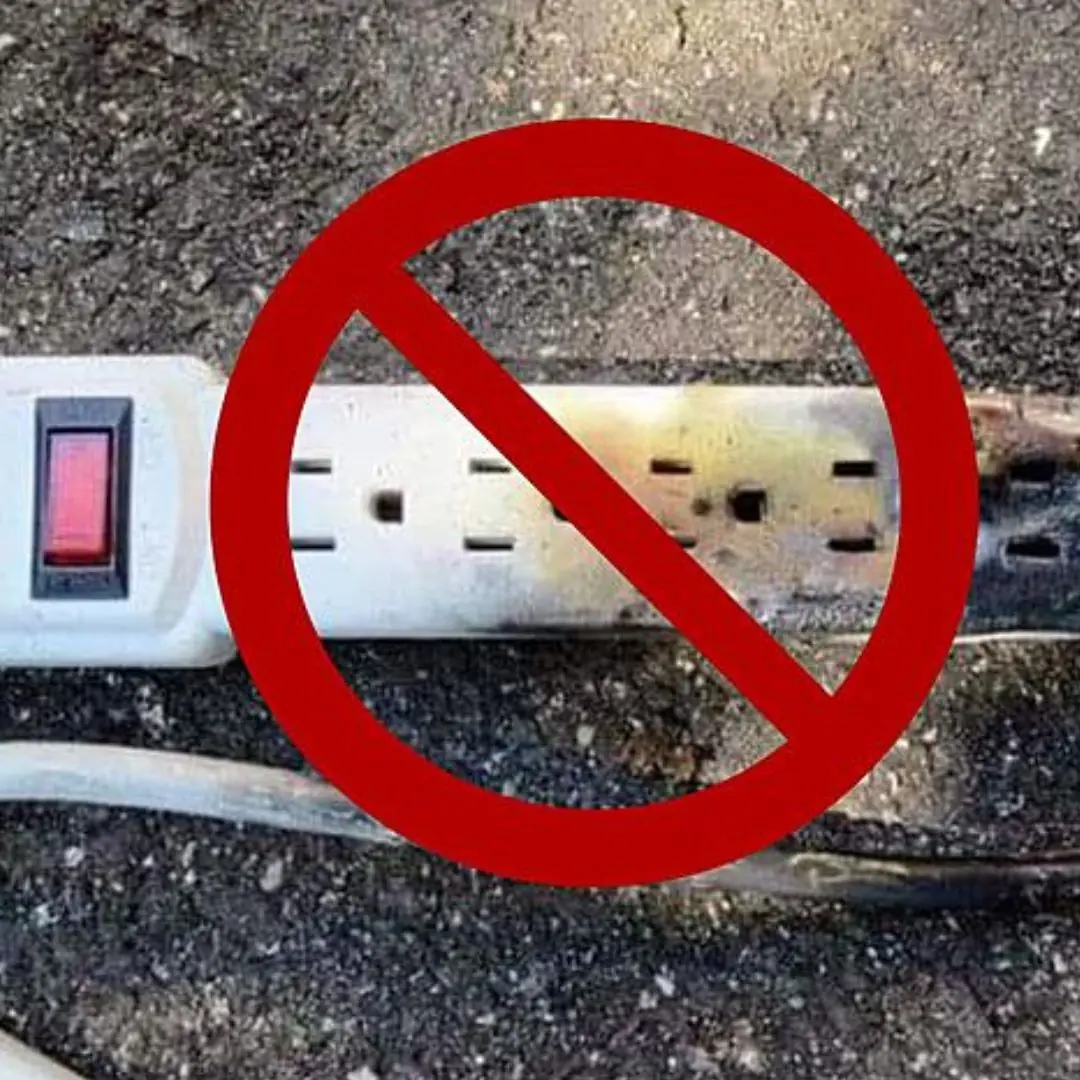
9 things you should never plug into a power strip

The Reason You May Get Random Stabbing Pains in Your Chest Explained

Numbness or tingling sensations in your hands

Dill Seeds: A Forgotten Treasure for Digestion, Hormones, and Restful Sleep

The story behind the tiny pocket on your jeans

Eggplant is the king of vegetables but these 4 groups of people should absolutely avoid it

47 Bikers Showed Up To Walk My 5-Year-Old Son Into Kindergarten After His Father Was Killed Riding His Motorcycle To Work

The Secret Language Between Flight Attendants and Pilots That Most Passengers Don’t Understand
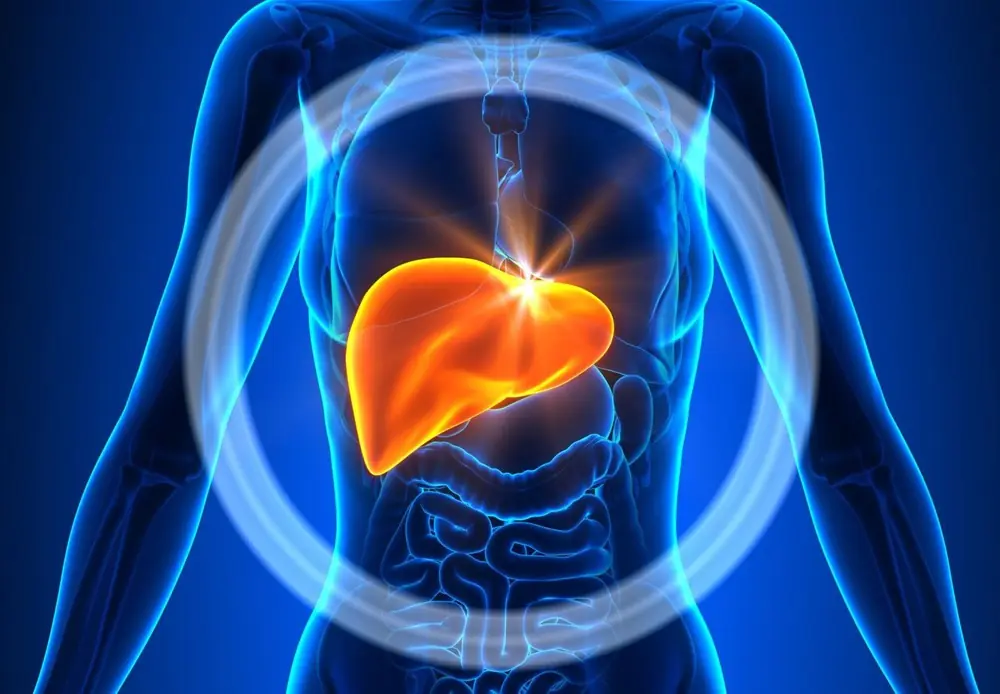
5 Simple Habits to Protect Your Liv.er and Boost Your Health After 40
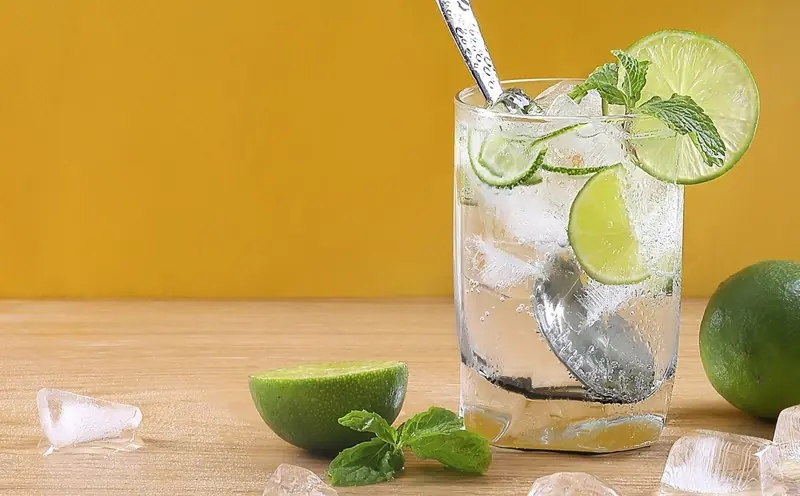
Is Drinking Lemon Water Good or Bad for Your Kid.neys?

How Black Tea Can Help Lower Ur.ic Ac.id and Protect Your Kid.neys

Eat These 10 Superfoods to Speed Up Can.cer Recovery and Prevent Recurrence!

Stop Belly Fat Now: 3 Coffee Mistakes You’re Making (And How to Fix Them)
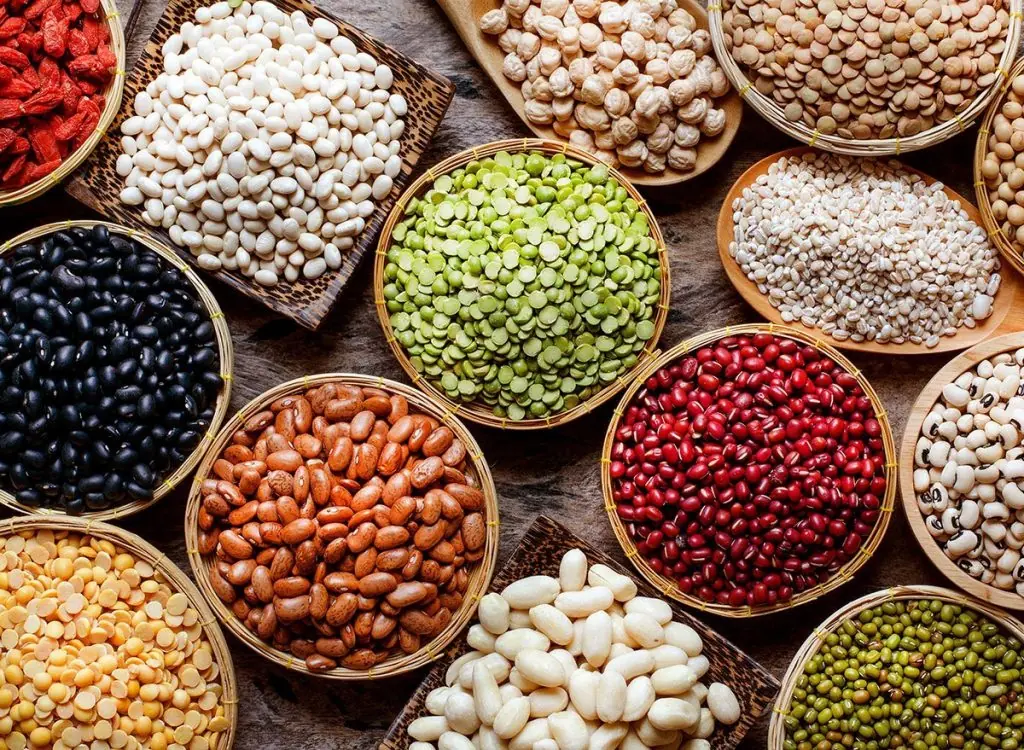
Canned Beans vs. Dried Beans: Which One is Better for Digestion and Heart Health?

10 Foods to Effectively Lower Bloo.d Sugar After a Meal

